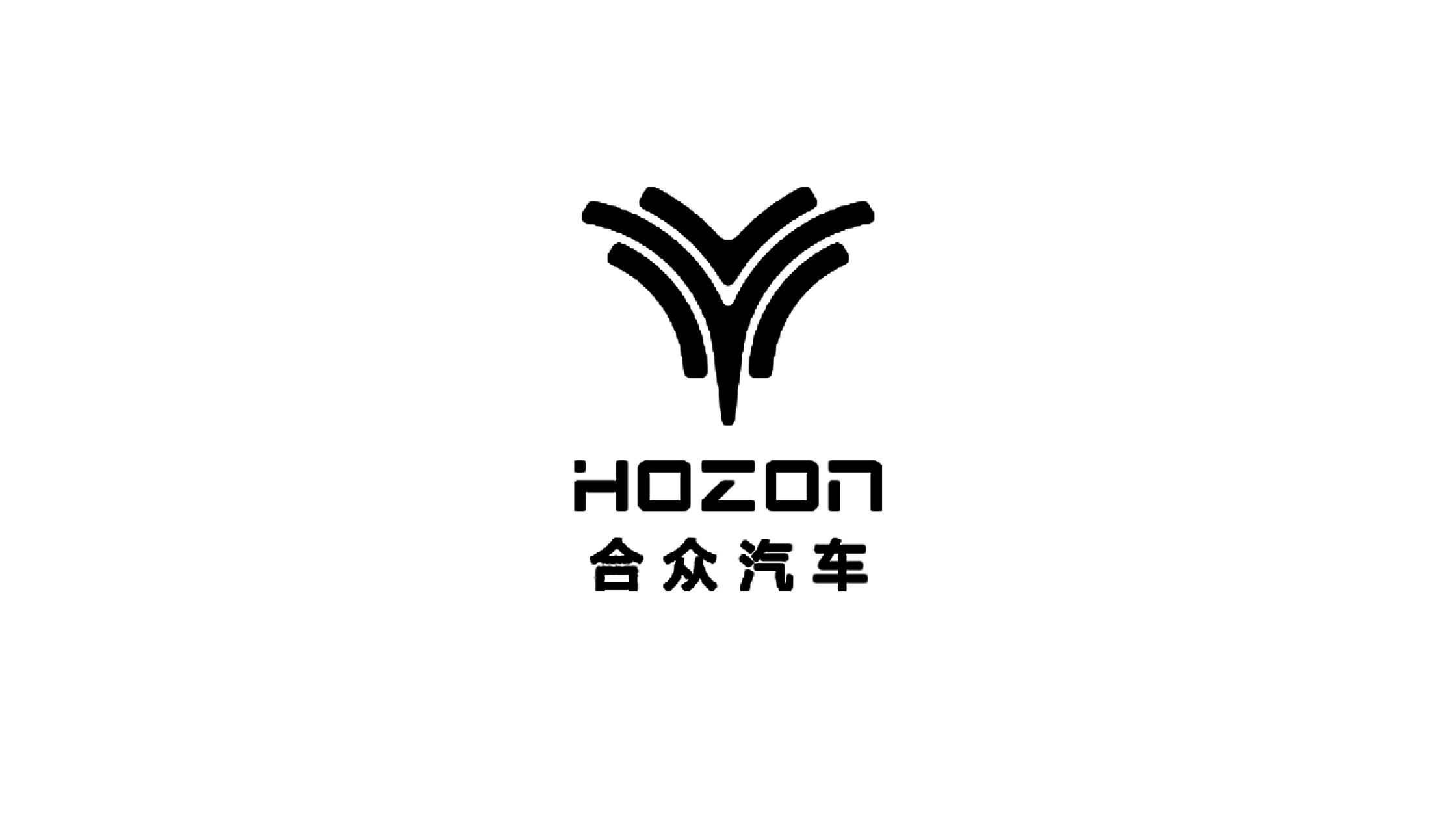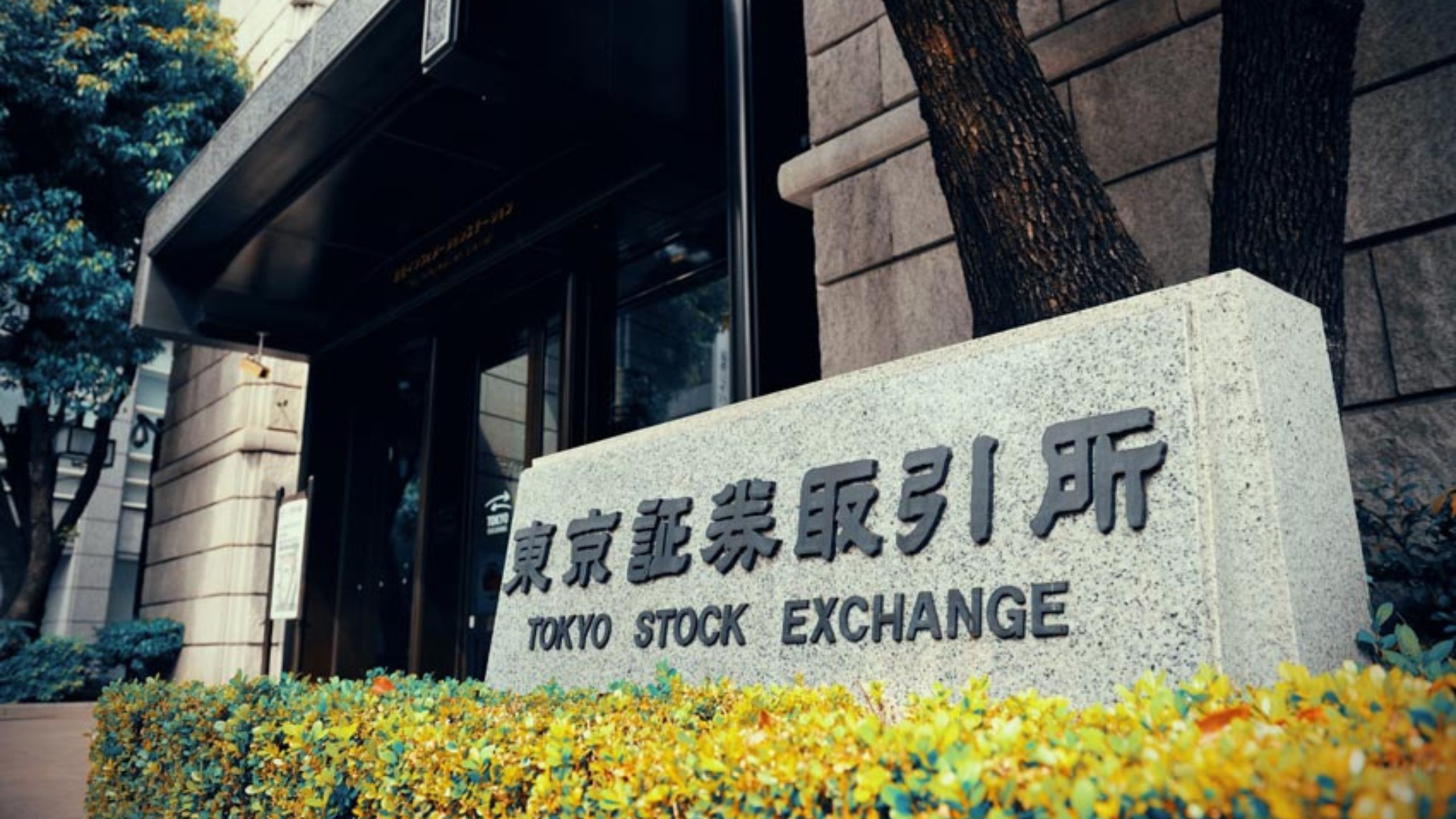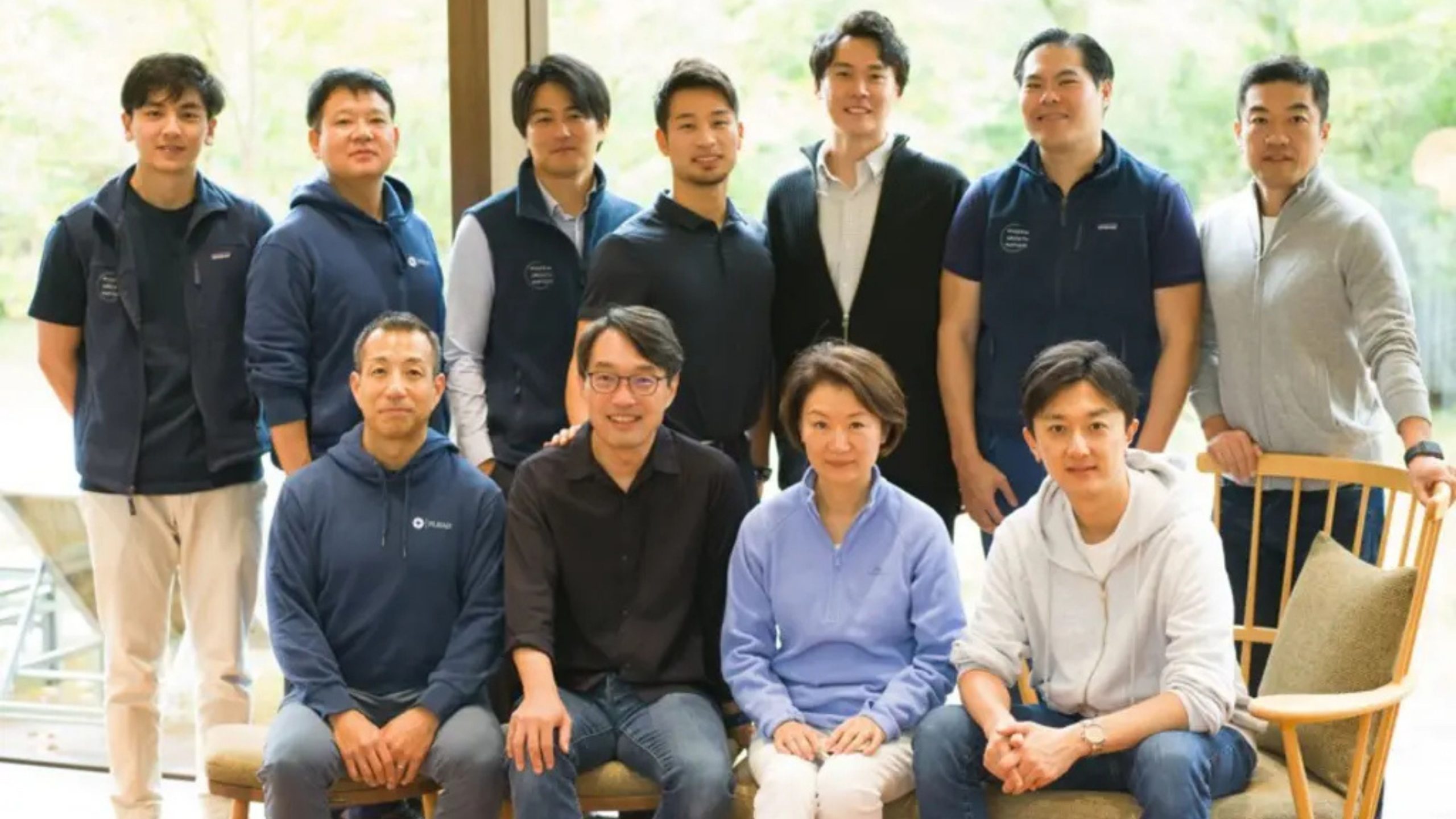AsiaTechDaily – Asia's Leading Tech and Startup Media Platform

Hozon Plans IPO to Fuel Global Market Entry: South China Morning Post
Hozon New Energy Automobile, the Chinese startup behind the Neta brand of electric vehicles (EVs), is planning an initial public offering (IPO) in Hong Kong. The company aims to leverage this IPO to advance its global expansion efforts, mainly targeting Southeast Asia, Africa, and the Middle East markets as reported South China Morning Post.
By raising funds through the Hong Kong IPO, Hozon intends to accelerate the international reach of its Neta electric cars. The startup’s strategy focuses on tapping into emerging markets with potential for growth in the EV sector.
Fang Yunzhou, co-founder and chairman of Hozon, Fang mentioned that Hozon’s sales network expansion outside mainland China will follow after the IPO.
This strategy aims to ensure that Neta’s advanced technologies and services are tailored to meet customers’ needs in different regions. Hozon plans to establish a strong presence in Southeast Asia, Africa, and the Middle East by focusing on intelligent vehicles and enhancing its service network.
Hozon, having filed its listing application last month, is preparing to enter the competitive landscape of electric vehicles (EVs) amid strong domestic competition and international trade challenges. The Chinese startup aims to expand its presence in Southeast Asia, South America, the Middle East, and Africa, focusing on establishing comprehensive ecosystems that include research and development, manufacturing, sales, and after-sales service in these regions.
Fang Yunzhou, co-founder of Hozon, highlighted the company’s progress in Southeast Asia, where it has begun assembling vehicles in Thailand. From January to May, Hozon delivered 3,752 EVs to Thai customers. Last year, Hozon exported 17,019 vehicles from China, accounting for 13.7% of its total deliveries, showcasing its growing international footprint.
Reflecting on product development and market strategies, Fang noted an increase in the average selling price of Neta vehicles, reaching 113,000 yuan by April 2024. He emphasized ongoing innovations and strategic adjustments as crucial factors driving sustainable and high-quality growth for Hozon in the evolving global EV market landscape.
Neta, named after the protective deity Nezha in Chinese mythology, targets middle and low-income drivers in China who prefer affordable electric vehicles over traditional petrol cars. Founded in 2014, Hozon has garnered substantial venture capital funding totaling 26.4 billion yuan across 11 rounds from investors such as Qihoo 360 Technology, Citic Securities, and BAIC-BJEV, supported by the Beijing municipal government.
Despite recording a loss of 6.9 billion yuan last year, Hozon saw a 40% reduction in losses compared to the previous year. While the exact size of its IPO remains undisclosed, Bloomberg reports suggest it could reach around US$1 billion. Following the footsteps of fellow mainland EV manufacturers like Xpeng and Nio, Hozon seeks to capitalize on Hong Kong’s favorable listing environment as part of Beijing’s efforts to bolster its economic growth.
Amid fierce competition and regulatory challenges, including increased tariffs from the US and additional duties in Europe on Chinese-made EVs, Hozon’s strategy revolves around maintaining profitability and avoiding price wars. Fang emphasized the company’s commitment to enhancing user value through innovation and service excellence rather than engaging in aggressive pricing strategies.
Also Read:
- Global Support for Small Businesses: Xero Announces 2024 Beautiful Business Fund
- Gelomics Raises $2.2M to Eliminate Animal Testing in Pharmaceutical R&D
- Alipay rolls out Tap! to make in-store payment experience simpler for users in China
- iVP Semi to Boost Indian Chip Production with $5M Funding
- Ascend Money Secures $195 Million Funding to Expand Fintech Footprint in Southeast Asia



